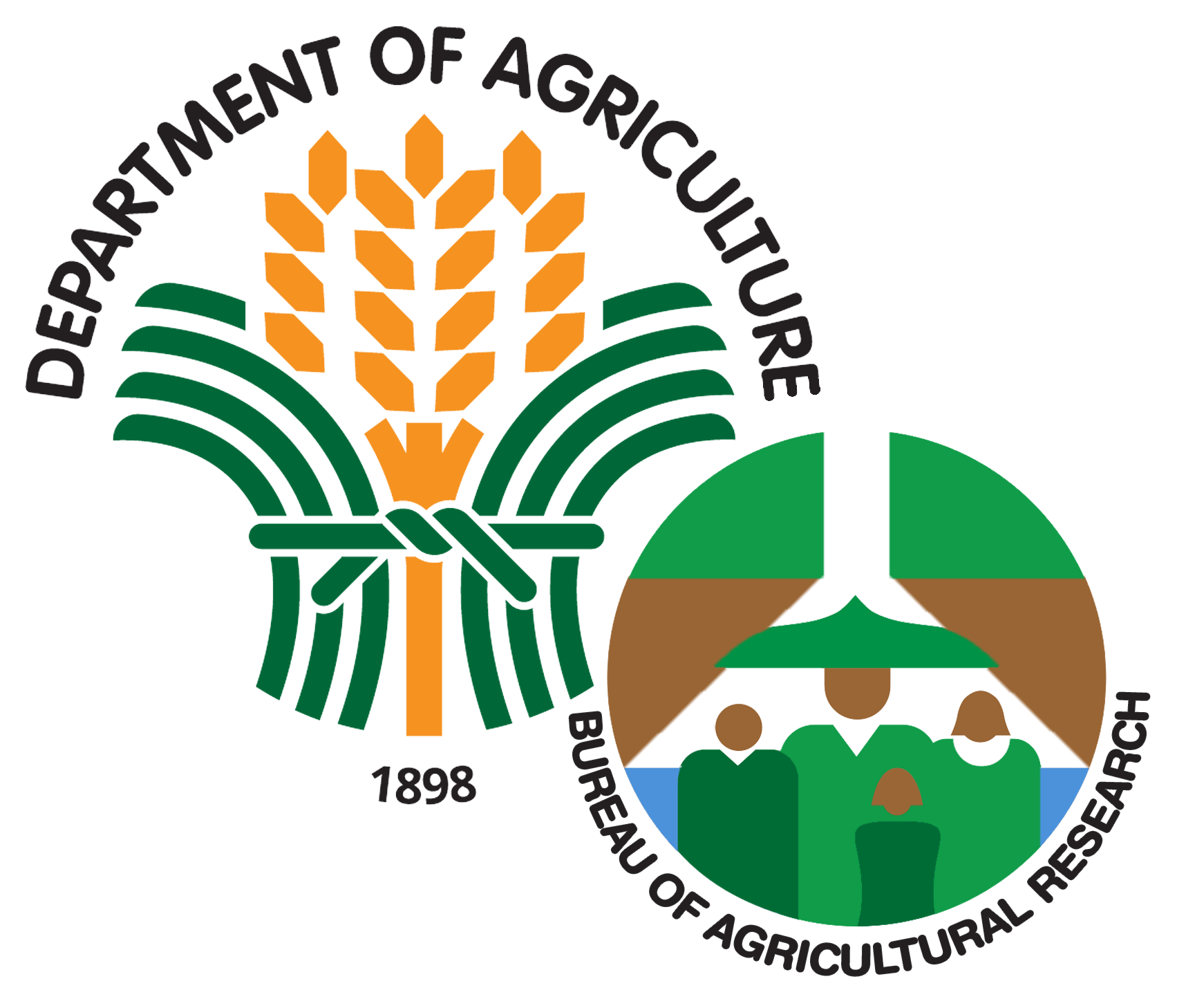Formulating plans and strengthening policies and legal frameworks towards future replication and scaling up of agrobiodiversity technologies and promotion in the country were underscored during the Eighth Project Steering Committee Meeting of the “Dynamic Conservation and Sustainable Use of Agro-biodiversity in Traditional Agro-ecosystems of the Philippines” project, or the ABD Project, on 29 November 2021 via Zoom.
This was stressed by both Engr. Ariel T. Cayanan, Department of Agriculture (DA) Undersecretary for Operations and Agri-Fisheries Mechanization and DA-BAR director Junel B. Soriano, PSC chairperson and new co-chairperson, respectively. They expressed their hope that the project would support farmers by “providing the best opportunity to upscale their livelihood and derive economic and food security benefits from agrobiodiversity and ecosystems conservation practices”.
The ABD Project is implemented by the DA through the Bureau of Agricultural Research and the Food and Agriculture Organization of the United Nations (FAO).
The PSC agreed during the meeting on the no-cost extension of the project until June 2022. Among the activities to be accomplished include pursuing the approval of policies that would institutionalize the promotion of the dynamic conservation and sustainable use of agrobiodiversity at the national and local levels. The project will also expand its coverage to all barangays in Hingyon and Hungduan in Ifugao and three additional barangays in Lake Sebu in South Cotabato.
“The highlight of the project has been the significant progress of the policy-related advocacies-
-to strengthen policy and legal frameworks defining a national approach to agrobiodiversity
and guiding the design
and implementation of the corresponding activities at the national and local levels,” Kati Tanninen, new FAO Representative in the Philippines said.
Funded by Global Environment Facility through FAO, the project aims to enhance, expand,
and sustain the dynamic conservation process in traditional agroecosystems through knowledge sharing, peer to peer training,
and creating new markets for local agrobiodiversity, including traditional rice varieties.
The ABD Project began its implementation in 2016. It has provided community seed banks in each of its 17 pilot barangays, as well as farm and enterprise tools and equipment. It also conducted various capacity building activities to the farmers towards enhanced entrepreneurship and to encourage them to cultivate local agrobiodiversity.


